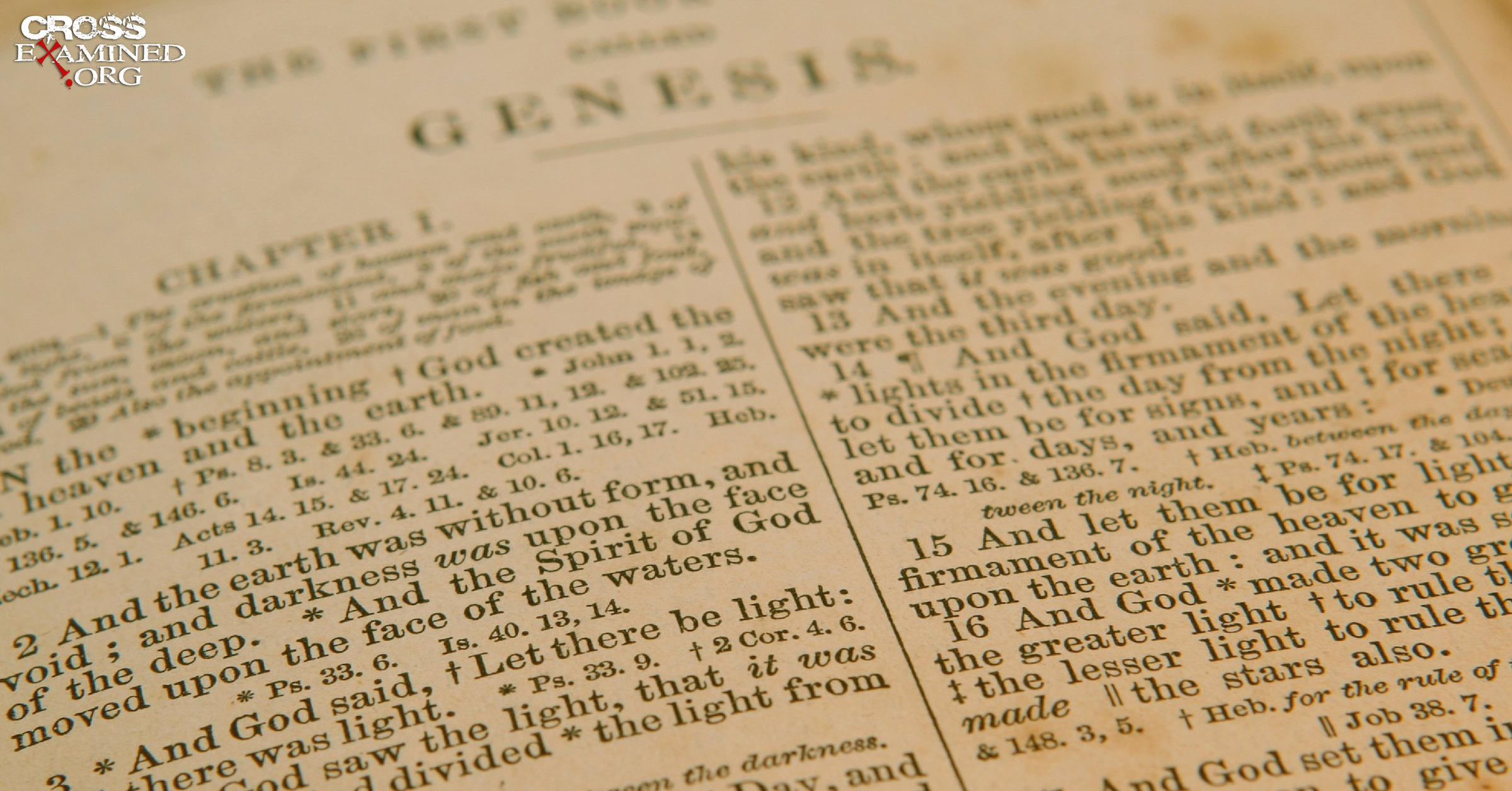Is Your Church a Personality Cult? Part 1
Sometimes cults are easy to spot. Most everyone knows about the Jim Jones cult (People’s Temple), or David Koresh’s group in Waco, Texas (Branch Davidians). Those cults are easy to spot because doomsday theology and mass killing tend to make headlines. But some cults aren’t so easy to see. Personality cults can be hard to spot.
When people call a religious group a “cult” it usually means one of two things.
TWO TYPES OF CULTS
Type 1: Theological Cult – heretical theology deviating from core orthodox teachings of that religion. These cults spring from a parent-religion. Ex., Mormonism and Jehovah’s Witnesses are cult offshoots of Christianity.Type 2: Sociological Cult – socially and psychologically dangerous practices like authoritarian and manipulative leadership, social isolation, abuse, threats, blackmail, “mind-control” etc. These may or may not have a parent religion.
This post is about personality cults, which fall under the second type. Personality cults may line up perfectly with historic Christian teaching, have all the right creeds, prayers, liturgy, and so on. But they have dangerous practices centering on a personality-driven leadership model. Often that means one leader calls all the shots and may resort to underhanded and manipulative behavior to get his (or her) way. Here are the first six out of twelve signs that can help you identify if your church is a personality cult.
SIGNS OF A PERSONALITY CULT
1. One Charismatic Leader Is the Face of the Church
Personality cults center on one primary person, who typically has a magnetic and winsome personality. When he or she speaks, people listen. We’ll call this leader “Alpha” or “Al” for short. Alphas are often gregarious and extroverted, feeding off the respect and praise (or fear) of others. They are charismatic in the sense of persuasive influence. They are often natural leaders, drawing crowds most everywhere they go. Sometimes they are also charismatic in the sense of spiritual gifts (tongues, prophecy, visions, mysticism), but that’s not always the case. Bear in mind, there is nothing wrong with being a leadership-oriented charismatic person. Just because a person has tremendous social power within the church doesn’t mean they are abusing that power. But the more power people have, the more tempting it can be to abuse it, especially when they don’t have any accountability for their actions. Remember, “power corrupts, and absolute power corrupts absolutely” (Lord Acton, 1887). That’s why personality cults always have a strong personality at the center.
2. Narcissistic Leader
Al isn’t just a charismatic leader, he also has a big ego. I’m not just talking about confidence, and bravado, I’m talking about clinical narcissism. He tends to view all social dynamics as a competition, or a zero-sum game, that he’s trying to win. He can be remarkably crafty and manipulative in navigating social dynamics to acquire more allies, or to silence and cut off anyone who disagrees with him. Al’s ego is too insecure to tolerate a truth-teller disagreeing with him. That’s like having a spy in your ranks or letting an opponent play on your team. Al also craves an approving audience (whether he admits it or not) and if anyone disapproves he can be so devastatingly hurt/angered/indignant that he resorts to extreme measures against them.
Narcissism is fairly common in the U.S., so Al may have come across it naturally. Western cultures tend to reward confident dynamic people with jobs, promotions, and leadership positions. Narcissists exploit that fact. They are experts at talking-big, acting important, and dictating every narrative into a story about how great they are. Narcissistic alphas have tremendous pride about their ability to lead, their vision for the church, and so on. But they lack the humility, maturity, and emotional security to fill out that self-assured pride with actual competence. Likewise, Alphas tend to objectify people. Al may act like he values other people more than himself, as in Philippians 2:3, but he’s really just acting. In reality, he’s often just using people to feed his ego.
“Do nothing out of selfish ambition or vain conceit. Rather, in humility value others above yourselves,” Philippians 2:3 (NIV).
3. Authoritarian Leadership-Model
Al is also the power broker for the church. Al may delegate minor decisions to other people (especially for matters that don’t interest him). But when it comes to major decisions about church direction, big events, membership policies, church discipline, and especially finances, Al sits at the head of the table. Sometimes Alphas are heavy-handed in exercising authority. But many times they are indirect, manipulative, and evasive. That way they can still get their way while still rationalizing the outcome as a “team effort” or a “group decision.”
Because of Al’s authoritarian role, church discipline is typically a straight-line from him to whomever, he believes, needs correction. Al often bypasses any “due process,” like the checks and balances prescribed in Matthew 18:15-17. In personality cults, church discipline often comes down directly from Al like a monarch declaring an absolute verdict. He may appeal to the elder board, presbytery, or leadership team. But as long as they are just “yes men” (see #4 – Yes Men) and he gets to dictate the narrative, then he still gets what he wants.
“If your brother or sister sins, go and point out their fault, just between the two of you. If they listen to you, you have won them over. 16But if they will not listen, take one or two others along, so that ‘every matter may be established by the testimony of two or three witnesses.’ 17If they still refuse to listen, tell it to the church; and if they refuse to listen even to the church, treat them as you would a pagan or a tax collector.”
Matthew 18:15-17 (NIV)
4. Other Leaders in the Church Are “Yes Men”
Al typically has several other “leaders” on his team, but he doesn’t really share power with them. They may have been invited into leadership, in the past, because they have clout, character and strong leadership ability, but they are only allowed to stay in leadership because they cooperate with Al. He likes them because they “rubber stamp” everything he says. It’s circular reinforcement. He likes how they rubber stamp everything he proposes, and they like being part of his elite circle of leaders, the few and the proud who have the heart of such an important man.
Some of these cooperators are “yes-men” by nature, that’s their personality type. They’re peace-keepers who “go along to get along.” Often they enjoy the privilege and status of being in the “inner circle,” so they don’t want to rock the boat. Other times people adapt to a “yes man” mentality because of group pressure, peer culture, or their growing appetite for Al’s approval.
Individually these people might be terrific independent thinkers, courageous, independent, and wise. But, when they get together at an 11am business meeting, and everyone is already hungry for lunch, their resolve may wane. When Al cleverly raises the most controversial proposal at 11:55am, “yes men” culture sinks in and all the “leaders” just follow the crowd, approving anything that lets them finish by noon. “Yes men” don’t have to be “suck-ups” (sycophants), but often they are. Mainly the yes men act as extensions of Al’s authority. They don’t offer any serious challenge, critique, or correction against Al even when he needs it most.
5. “Lone Wolf” Approach to Decision-Making
As much as Al can, he makes decisions directly without any serious input from the rest of the church. In his mind, he sees himself as the hero. Like the dashing and talented quarterback, he thinks of himself as the most important person on the team and the on-field coach. Everyone else’s job is to support Him so he can win the game for them. This direct-decision making style, to him, seems like common sense to him. By making as many decisions as possible by himself, it’s easier and more efficient for everybody. After all, it can keep the whole church working together toward the same unified vision of ministry without wasting time and energy quibbling through business meetings and deliberating over every vote.
6. Vindictive Church Discipline
Church discipline is a Biblical concept (see Titus 2:15; 2 Thessalonians 3:14). But in personality cults, church discipline is less like routine healthcare, and more like a spontaneous amputation. It isn’t healthy. It’s often petty and vindictive instead of restorative (Galatians 6:1). Often personality cults, under Al’s leadership, use gossip, shame, and backbiting to publicly humiliate people by either crushing their spirit so they leave forever or putting them in a dangerously vulnerable position for Al to swoop in like their savior and “restore” them (i.e., creating a codependent loyalist). When Al employs church discipline he is not necessarily aiming to use God’s word to correct false teachers (and every earthly teacher makes mistakes), though he may do some of that. Mainly he’s aiming at silencing critics, so the church is united around him. Never mind if those critics are speaking from God’s word, appealing to historic Christian teaching, or expressing humble godly wisdom. If they are criticizing Al or second-guessing his decisions then they are dissenters, trouble-makers, and enemies of the faith. Al can rationalize punishing them with vindictive discipline to protect the fragile unity of his church.
“Brothers and sisters, if someone is caught in a sin, you who live by the Spirit should restore that person gently. But watch yourselves, or you also may be tempted.” Galatians 6:1 (NIV)
For the next six signs of a personality cult
Stay tuned for “Is Your Church a Personality Cult? Part 2”!
Recommended resources related to the topic:
Intellectual Predators: How Professors Prey on Christian Students by Frank Turek (mp4 Download) (mp3) (DVD)
Your Most Important Thinking Skill by Dr. Frank Turek DVD, (mp4 download)
Proverbs: Making Your Paths Straight Complete 9-part Series by Frank Turek DVD and Download
Tactics: A Game Plan for Discussing Your Christian Convictions by Greg Koukl (Book)
Letters to a Young Progressive by Mike Adams (Book)
Another Gospel? by Alisa Childers (book)
__________________________________________________________________________________________________________________________
Dr. John D. Ferrer is a speaker and content creator with Crossexamined. He’s also a graduate from the very first class of Crossexamined Instructors Academy. Having earned degrees from Southern Evangelical Seminary (MDiv) and Southwestern Baptist Theological Seminary (ThM, PhD), he’s now active in the pro-life community and in his home church in Pella Iowa. When he’s not helping his wife Hillary Ferrer with her ministry Mama Bear Apologetics, you can usually find John writing, researching, and teaching cultural apologetics.
Original post: https://bit.ly/46ndmfs











